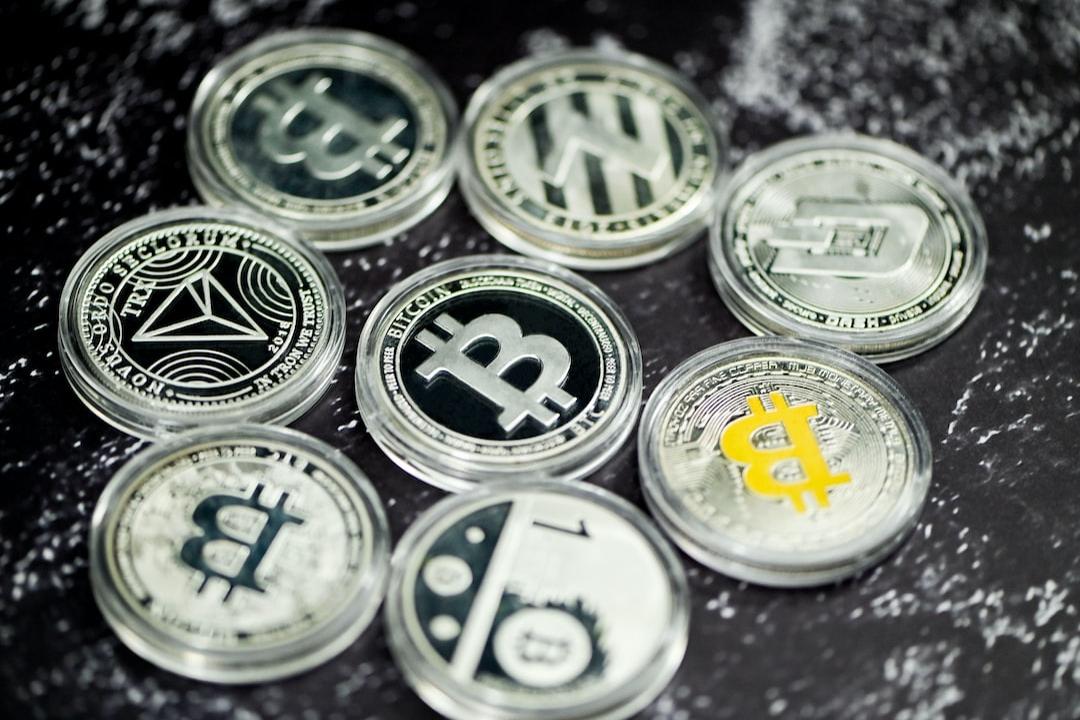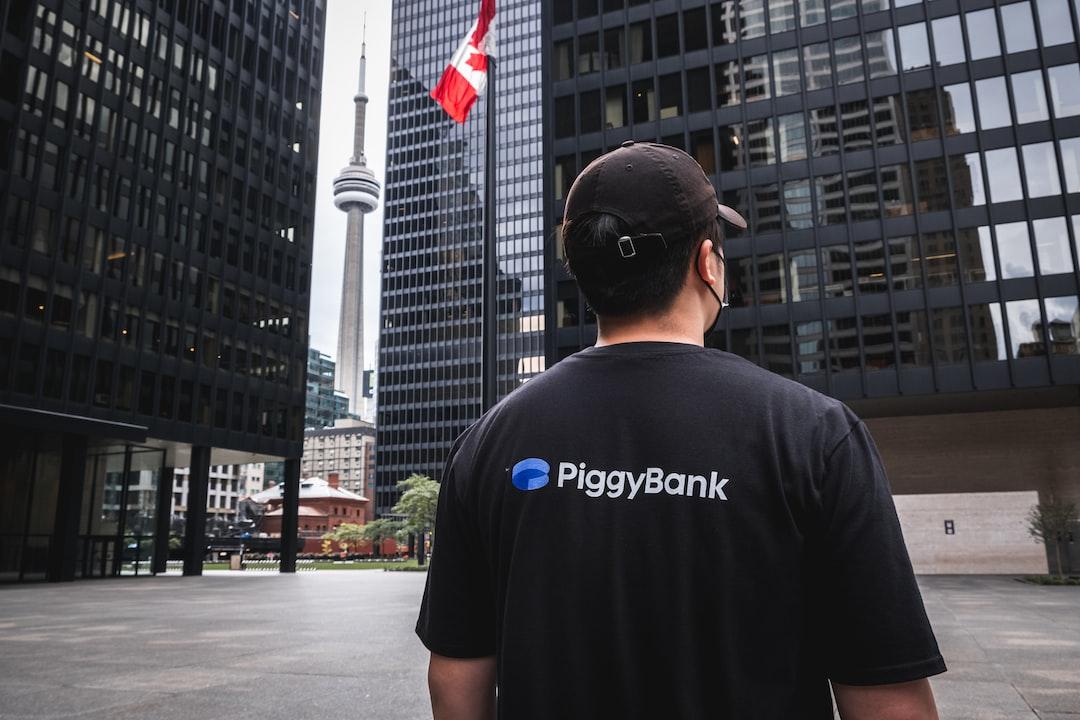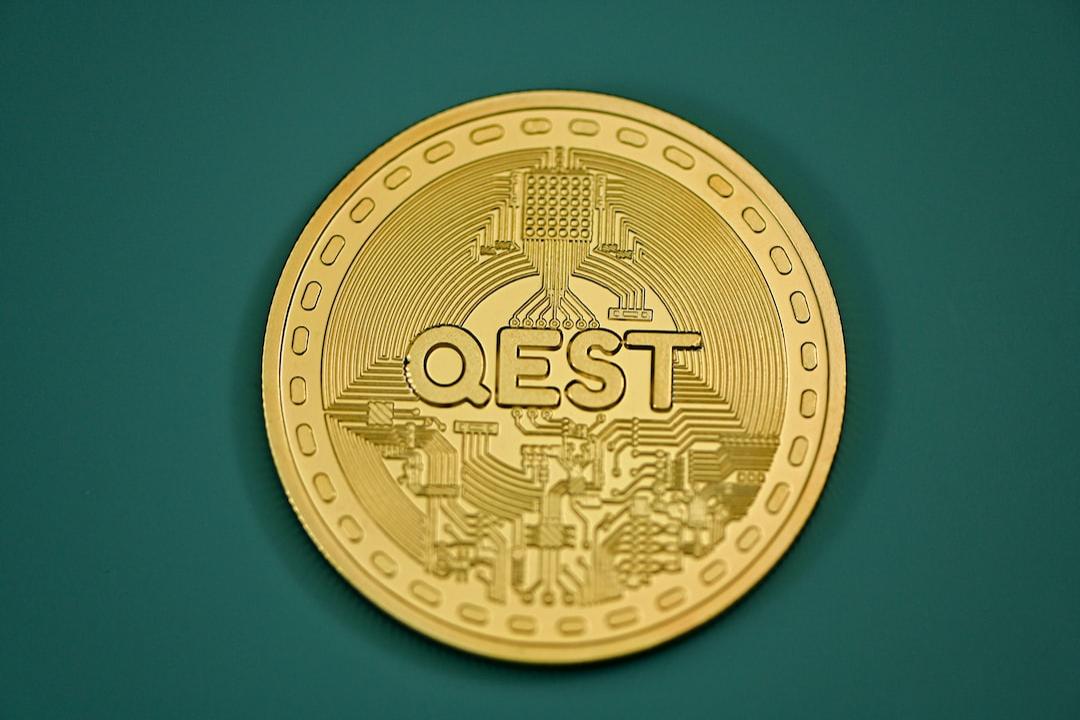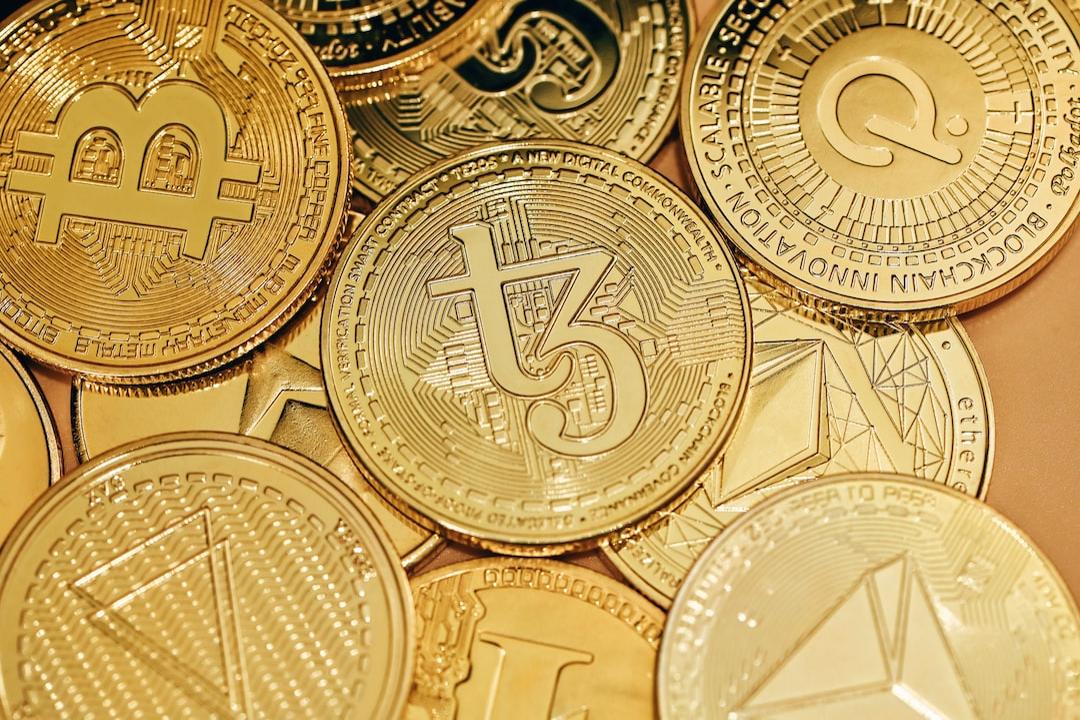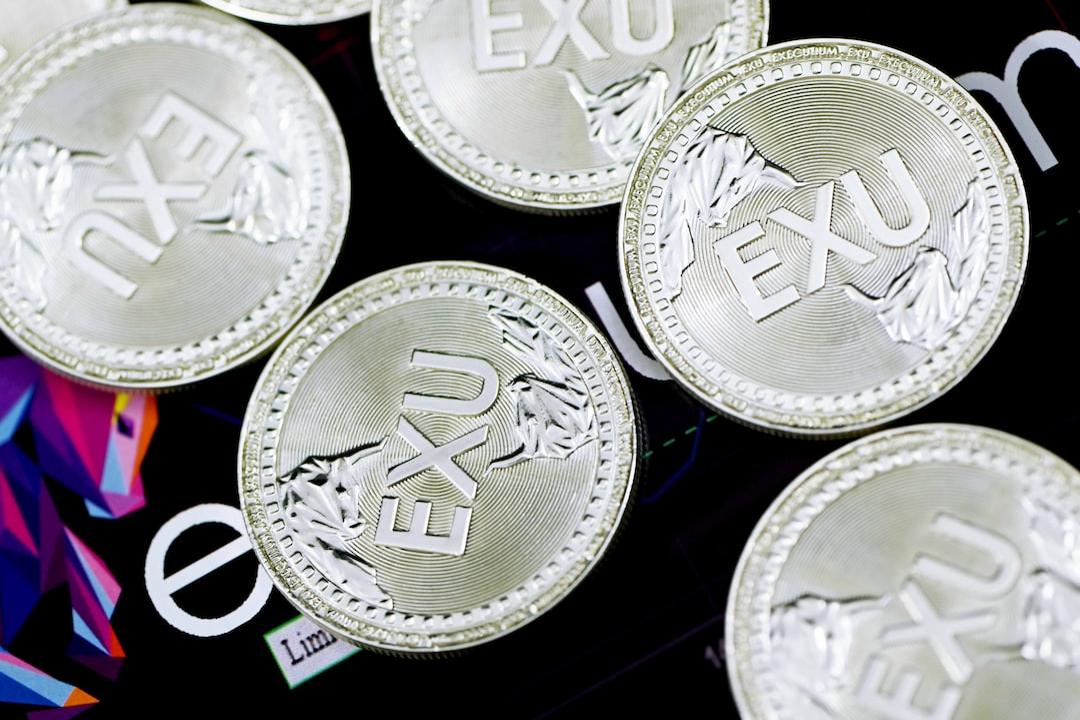
Binance Confronts Legal Hurdles in Nigeria Over Accusations of Unauthorized Activities
The Central Bank of Nigeria (CBN) has accused Binance, a popular cryptocurrency exchange, of conducting unauthorized banking services and currency conversions in Nigeria. According to a CBN official, Binance allowed peer-to-peer transactions involving the Nigerian naira without the necessary licenses. Additionally, Binance and its executives, Tigran Gambaryan and Nadeem Anjarwalla, are alleged to have conspired to hide the origins of $35.4 million in illegal financial proceeds. Gambaryan is currently detained in Nigeria, with conflicting reports about his health condition. While Nigerian authorities claim he is in good health, his family insists he is suffering greatly in detention.
This legal battle against Binance highlights the complex relationship between cryptocurrency platforms and traditional financial regulations in emerging markets. During a testimony in the Federal High Court of Nigeria, Olubukola Akinwunmi, head of payment policy and regulation at the CBN, accused Binance of providing banking services without proper authorization. Akinwunmi argued that Binance’s deposit and withdrawal transactions should only be conducted by licensed banks and financial institutions.
The Nigerian government has also accused Binance and its executives of attempting to conceal the origin of $35.4 million in illegal financial proceeds. The case, brought by the Economic and Financial Crimes Commission (EFCC), demonstrates the increased scrutiny of cryptocurrency operations in Nigeria.
Akinwunmi’s testimony revealed that Binance’s website misled Nigerians into using its platform for naira transactions through a cash link. The platform promoted fee-free deposits and flat-fee withdrawals, activities that are regulated by the CBN and typically restricted to licensed banks and financial institutions. Akinwunmi also claimed that Binance facilitated currency conversion from naira to US dollars without the necessary CBN authorization.
One of the main points of contention is Binance’s peer-to-peer (P2P) transaction process. Akinwunmi explained how users could transfer naira to each other’s bank accounts and confirm the transaction on the platform, prompting Binance to release cryptocurrency or fiat currency. He argued that this service is a regulated activity that Binance was not authorized to perform.
The situation has become more complex due to the detention of Binance executive Tigran Gambaryan. Gambaryan was arrested on February 28 along with Binance’s regional head for Africa, Nadeem Anjarwalla. While Gambaryan remains in custody, Anjarwalla has fled the country. Concerns have been raised about Gambaryan’s health and treatment in detention. His family claims that he is suffering greatly, citing health issues such as numbness in his foot, back pain, double pneumonia, and malaria. However, Nigerian prison officials have refuted these claims, stating that Gambaryan does not have any serious health conditions and is in good health.
The conflicting reports about Gambaryan’s health have become a focal point in the ongoing legal battle. His lawyers informed the court that despite several court orders, officials at the Kuje prison in Abuja have not released his medical records from a hospital visit on June 3.
This case against Binance is part of a broader crackdown on cryptocurrency activities in Nigeria. The country’s National Security Adviser recently classified cryptocurrency trading as a national security issue, leading to directives for fintech startups to block and report accounts involved in cryptocurrency transactions. In response to government scrutiny, Binance disabled its peer-to-peer feature for Nigerian users in February. The Nigerian Securities and Exchange Commission has called for measures to delist the naira from P2P platforms in order to prevent market manipulation and protect the integrity of Nigeria’s capital market.



